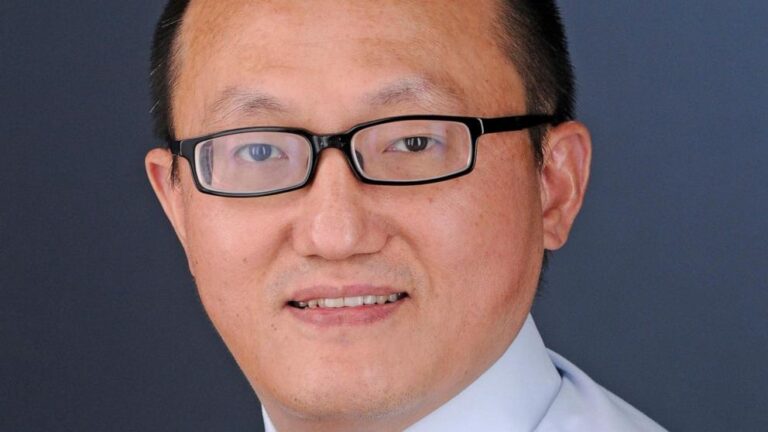A federal appeals court has overturned the conviction of a researcher accused of concealing research he conducted in China while employed at the University of Kansas.
A federal appeals court has overturned the conviction of a researcher accused of concealing research he conducted in China while employed at the University of Kansas.
Feng “Franklin” Tao was convicted of three counts of wire fraud and one count of making a material false statement in April 2022. U.S. District Judge Julie Robinson vacated the wire fraud conviction a few months later but allowed the false statement conviction to stand. The judge later sentenced him to time served.
But the 10th U.S. Circuit Court of Appeals in Kansas City, Missouri, ruled Thursday that the government had failed to provide sufficient evidence to show that Thao’s failure to disclose potential conflicts of interest actually mattered, and instructed the lower court to enter an acquittal on the only remaining charge.
The case against Tao was part of the Trump administration’s China Initiative, launched in 2018 to block the transfer of creative ideas and intellectual property from U.S. universities to the Chinese government, according to the Justice Department. The department ended the program after public criticism and several failed prosecutions.
Tao was a tenured professor in the chemical and petroleum engineering department at the University of Kansas from 2014 until his arrest in 2019. The appeals court noted that while the case began as an espionage case, the FBI ultimately found no evidence of espionage.
But he was accused of failing to disclose, when filling out his annual “institutional responsibility form” under the university’s conflict of interest policy, that he had traveled to China to help set up a lab and recruit staff at Fuzhou University, where he hoped to take a prestigious position. Federal prosecutors alleged that Tao’s actions misled not only the University of Kansas, but also the U.S. Department of Energy and the National Science Foundation, which had awarded him grants for research projects in Kansas.
In their appeal, Tao’s lawyers argued that the case against him was an “example of prosecutorial overreach” in an attempt to turn a university personnel matter into a federal crime.
In a 2-1 decision, the majority said there was insufficient evidence for a jury to find that Tao’s failure to disclose his affiliation to a Chinese university influenced decisions by the Department of Energy or the Science Foundation about his research grants, and therefore did not amount to a “material” false statement.
In her dissent, Circuit Judge Mary Beck Briscoe said Tao’s failure to disclose time commitments related to his future position at Fuzhou University was something both institutions would have wanted to know, and was, in fact, important to both institutions, in their roles as stewards of taxpayer money responsible for ensuring the reliability of the research findings.

